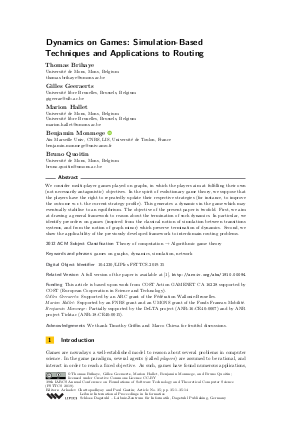LIPIcs.FSTTCS.2019.35.pdf
- Filesize: 0.49 MB
- 14 pages

 Creative Commons Attribution 3.0 Unported license
Creative Commons Attribution 3.0 Unported license









Feedback for Dagstuhl Publishing